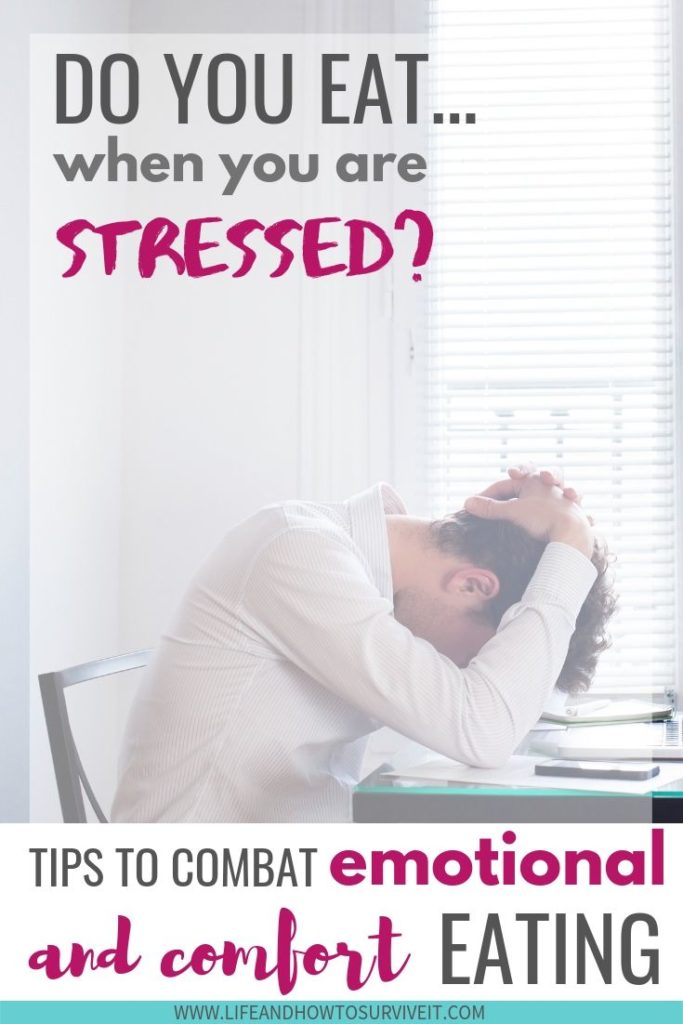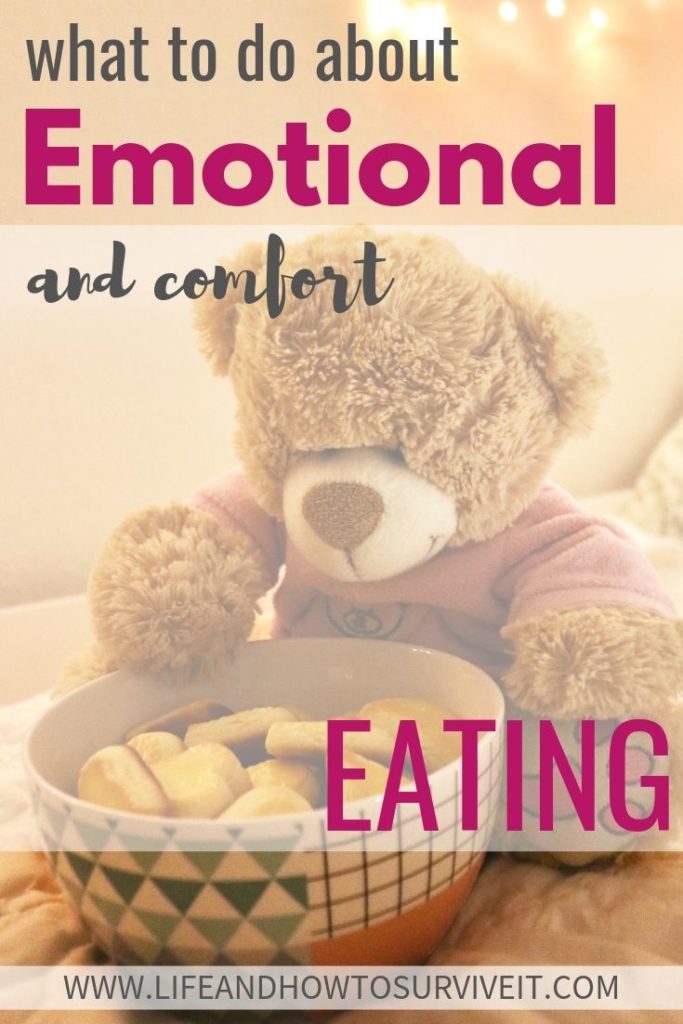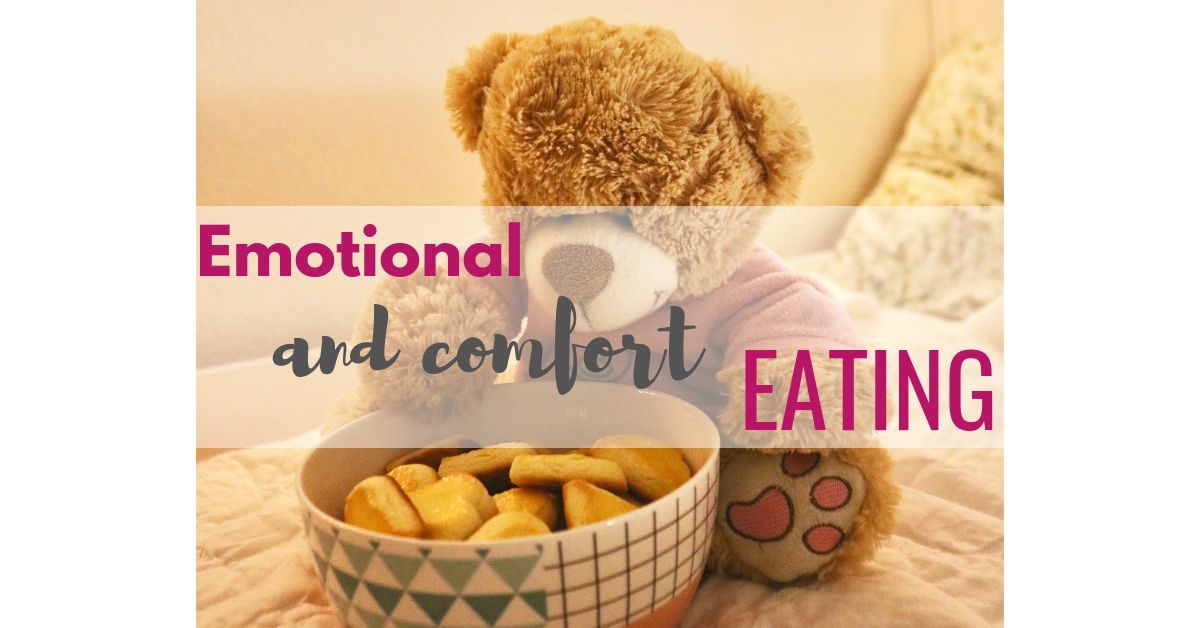Admission time: I scoffed an entire pack of biscuits yesterday.
I was on the road, travelling down to London, to prep my brother’s apartment for new tenants. I’d grabbed a couple of things from home before I left – apples, low fat hummous, wholemeal pitta bread – with the idea of having a light supper on arrival. Unfortunately, I also grabbed the packet of delicious, Scottish shortbread biscuits that the neighbour had just dropped off for having looked after his cats for the weekend.
I know that biscuits, and especially these biscuits, are my downfall. So do you know what I do? I NEVER walk down the biscuit aisle in the supermarket. If I never see them, I never buy them. I avoid coming face to face with my temptation.
Resisting temptation
And the thing about temptation is that it’s easier to resist when you’re feeling great, on top of the world, energetic and spiritually sound. Only last night that wasn’t the case. It was late-ish when I arrived at my brother’s place and I had no idea how the last tenants had left it.
After a 3 hour drive I felt tired and a little stressed from the journey (Friday night traffic navigating through London…). I set to unpacking the various boxes of stuff I’d brought with me, and I surveyed the place. It was pretty dirty, and missing lots of basic creature comforts you’d expect in almost any home.
I found one saucepan (not that you need multiple saucepans to prepare a snack of sliced apples, hummous and pitta bread, but bear with me here…) No toaster, no kettle (What?! How will I prepare coffee…??), no chopping knives. There wasn’t a single chair, nor a sofa, table or vacuum cleaner. All of those items were there originally, so clearly they went the way of the ‘other’ sock – you know, the one the sock-fairy steals so that all you’re left with is a drawer full of odd socks.
I admit I felt a little overwhelmed by the total lack of comfort and by all I had to do to get the place ship-shape. Combine feeling overwhelmed, tired and stressed to being a little peckish and what do you get? Comfort eating.

Why do I eat more when I’m emotional?
So what did I do? Did I tear apart my untoasted pitta breads and drag them through the pot of hummous? Nope. Eat the apple as it was, rather than neatly slice it up to dip in aforementioned hummous pot? Nope. You know what I did. I opened the packet of shortbread and I slowly scoffed the lot whilst surveying the gargantuan task of cleaning and restocking the apartment.
Not only that, I popped along the street and bought a bottle of red to wash the biscuits down with – screw top lid obviously, since there wasn’t a corkscrew in the flat either (but hey, at least I used forethought in making sure I got a screw-top!)
So, one pack of bickies and half a bottle of wine later, my guilt at being a pig was at an all time high, along with my bloated belly.
What’s the point in this story, you might be wondering? I wanted to discuss with you theories about why we let ourselves down like this, what we do afterwards to make up for it, and how we might avoid it in the future.
Are you an emotional eater?
When do YOU sneak food? When do you finish off the entire pack of biscuits, or pot of ice-cream, or bottle of wine? In other words, what are YOUR specific triggers, the things, moments, feelings, places or people that usually cause you to indulge?
Not usually because you are hungry I bet.
Do you eat more…
when you are lonely, on your own at home?
when you’re bored?
when you need a quick pick me up?
because you are stressed or anxious?
alternatively, you are celebrating because something good has happened?
or worse, when something BAD has happened?
In all of these cases, like me with the biscuits last night, you’re probably not indulging because you’re hungry. I was tired, and unmotivated by the work ahead of me. Many of the immediate tools I needed (ie kettle for a coffee) were lacking. I had a lull in positivity.
In the post-pigout, I looked honestly at what my triggers were, what I was feeling at the time, and recognised what I was fixing by my pre-midnight snack.
Identify your eating triggers
So consider this, when you’ve had ‘biscuit’ moments and let your side down, what were your triggers, what were you feeling, what did you temporarily ‘fix’ by eating?
And how do we try to avoid repeating the same mistakes in the future? Of course, occasional biscuit scoffing is hardly a sin, done in moderation. But I felt bad about it afterwards and I wish I hadn’t done it. I’d like to avoid that feeling in the future. And then there’s what we do to make it up to ourselves.
How do I stop emotional eating?
Let’s start with how we avoid repeating the same mistakes. What could (should) I have done last night? I could have been better prepared for the moment. I could have brought a delicious, ready prepared salad from home (or bought one on the way down the motorway), ready chopped up. There you go: suddenly my tiredness on arrival and the lack of chopping knives becomes irrelevant. I could have prepared myself a delicious and refreshing ginger lemonade to bring with me, and hopefully avoid the trip to the shop to get wine.
What’s more, I could have recognised that travelling down in the late afternoon / evening, when I had a van load of stuff to unload at the other end, was not as practical as waiting to get started on the apartment until the next day.
None of this bingeing helps us get our figures down to how we’d like them, or feel good about how we look and feel, or feel about the control we have over our lives: often we beat ourselves up mentally after we indulge in something. The negative mental consequences of indulging can be so damaging to our sense of well-being.
Download our pig-out prevention checklist to help you combat emotional eating attacks…
Activity helps
So, to start with, what did I do to make myself feel better about it?
I already practice yoga, and have done for years (see my views on yoga and recommendations for free yoga videos here). For me, yoga satisfies both physical and mental needs. The more power (cardio) it is, the more it allows me to work through stresses and tensions in life. The slower, and longer the poses, the more it attends to my spiritual needs. So this morning I did a slightly longer, more energetic yoga session.
Then I cleaned the things I needed in the very untidy kitchen cupboards, so that I knew what I had, and what was missing (hence better prepared). I started a list of all the things I needed to get.
Be prepared
Having recently taken up running again, I was going to go out for a run around my new neighbourhood, but it was raining and I didn’t bring a jacket with me from home – doh! yet another poorly prepared reminder!
I realised that when I hurry things, I don’t prepare properly. The saying “More haste, less speed” comes to mind. Hurrying things is another of my habits I need to work on…
Most importantly, we can’t simply go around scoffing biscuits and thinking “oh, I’ll make up for it tomorrow”, because that usually doesn’t happen. In Atomic Habits, James Clear makes the very good point that if he doesn’t keep to one of his good, daily habits, he never allows himself to skip 2 days in a row. I find this very useful advice.
You probably won’t make up for it later.
We tell ourselves ‘just one biscuit / glass of wine / fill in the blank’, but it often doesn’t end there. We promise to ourselves that we’ll go to the gym and work it off… or that we won’t have any wine tomorrow…
In the case of diets, a really tragic response is to say to ourselves ‘OK so I broke my diet. Might as well eat what I like now.’ Don’t throw the baby out with the bathwater! It doesn’t have to be all or nothing. A setback does not have to mean the end of the diet. So you lost a battle, but don’t give up on the war.
Having messed up last night, how do I intend to avoid blunders like these next time? (which will be next week, when I have to come back to decorate and organise the new furniture…).

Be better organised
I will be better prepared with ready-made, healthy food and drink that I know I’ll enjoy, thereby making the lack of cooking implements or energy en route (or on arrival) irrelevant.
Not only that, but I will also arrive better prepared with the items I need to do my work.
I will not set off at an inconvenient time, thereby giving myself even more challenges to overcome by arriving late in the day.
And I will remind myself of the arsenal of other activities that I could do to satisfy my triggers without needing to scoff biscuits. What might they be, you’re wondering?
Feed feelings with something other than food
To resolve pigging-out when I’m not even especially hungry, I need to have other, healthier ways of resolving the feeling that I need to comfort myself.
We need to be able to replace the FEELING that the food gives us not with food, but with some non-food solution. The purpose of eating is to give the body fuel, energy, but we often use it as therapy.
Practise self-care
Instead of looking to something else to resolve the trigger feeling, can we resolve it in other ways, by taking care of ourselves? Different things work for different people, but some things that might work for you too could be:
Download a free meditation app on your phone and do a quick 5 minute session when you’re feeling in a lull. You might try Insight Timer for instance.
Keep a journal of your moods, feelings, location and company to help you understand yourself better. Noting these bits of information down will soon show you a pattern of when you emotionally eat, rather than eating because you are genuinely hungry.
Be better prepared: take healthy food and snacks to get you out of dodge.
Buy a bottle of water. Just having a drink of water can sometimes be enough to help you realise that you’re not even hungry.
Treat yourself to an episode of your favourite series (beware though, this leads on to a whole other arena of comfort satisfaction, and pigging-out on Netflix).
Setting ourselves up for failure.
This tendency some of us have to commit to something (could be a diet, could be an exercise program, whatever…) and then continuously break that commitment is simply setting ourselves up for failure. It’s a vicious cycle of ‘start – cheat – feel bad – give up’, and this cycle, repeated over and over again, eats away at our self-esteem. We cave in to our temptations, then feel crap about ourselves and our lack of self-control.
About Healthy Food
Think about your go-to foods, ie those that you quickly turn to, to fix your trigger. In those moments of craving, are there healthier options that you could turn to?
Recognise the trigger, but instead of reaching out for the pack of biscuits, how about a little pot of seed or nut mix? Or a herbal tea with honey? Can you find other food-stuffs that allow you to indulge yourself? For example: smoothies, sliced veg & dips, healthy cereal bars…
What works for some people doesn’t work for others, and maybe you need to experiment. Which healthier foods do you enjoy? Do you know how to quickly and easily prepare them? Whatever you turn to in those moments of trigger-comfort has to be fast and convenient, otherwise the biscuits win every time.
Other forms of self-care
I try to train my dogs a little bit every day and food is something I use all the time to reward them. This is true of humans too: we often reward ourselves with food. We have a shitty day at work, we make up for it with food. We have a fabulous day at work, we celebrate with food. In other words, we often ‘treat’ ourselves with food when something happens, good or bad. I don’t always use food with my dogs though. Sometimes I reward with toys, and sometimes with cuddles. Cuddles go a long way for making someone feel better.
So try resolving your trigger not with food, but with something else. For instance, if you know that visiting your in-laws brings out the worst case of cake-scoffing straight afterwards, pre-book yourself a massage, or a manicure for immediately after your family visit.
Or arrange to meet with a friend as soon as you leave your in-laws’ house – just make sure it is a friend who supports your diet and won’t just go into eat cake-scoffing mode with you. Perhaps this same friend could be an accountability partner, someone you can send a quick message to when you’re feeling weak and would benefit from someone encouraging you with a “You can do this, don’t give in!” pep talk.
Change your attitude to food.
Essentially, the intention is to fix the trigger not with food, but with something else (or at least with healthier food). We need to:
- recognise the trigger
- recognise how that trigger makes you feel
- resolve the trigger, to fix that feeling with something that is GOOD FOR YOU, ie healthy food or self-care activity
Losing weight isn’t just dieting
For weight loss to be successful, diets usually need to be part of a more general change. Our habits also need to change. We need to eat less, yes, but we need to get our HEADS around why we are eating (not just eating to give our bodies energy) and avoid the people / places/ events that trigger that moment of weakness when we cave in.
Suggested reading
There are some authors that I personally enjoy, and whose work helps me address aspects of myself I’d like to improve. If you’re looking for books to help you with the issues addressed in this article, I wholeheartedly recommend the following:
The Obstacle Is The Way by Ryan Holiday
The Compound Effect by Darren Hardy
Atomic Habits by James Clear

